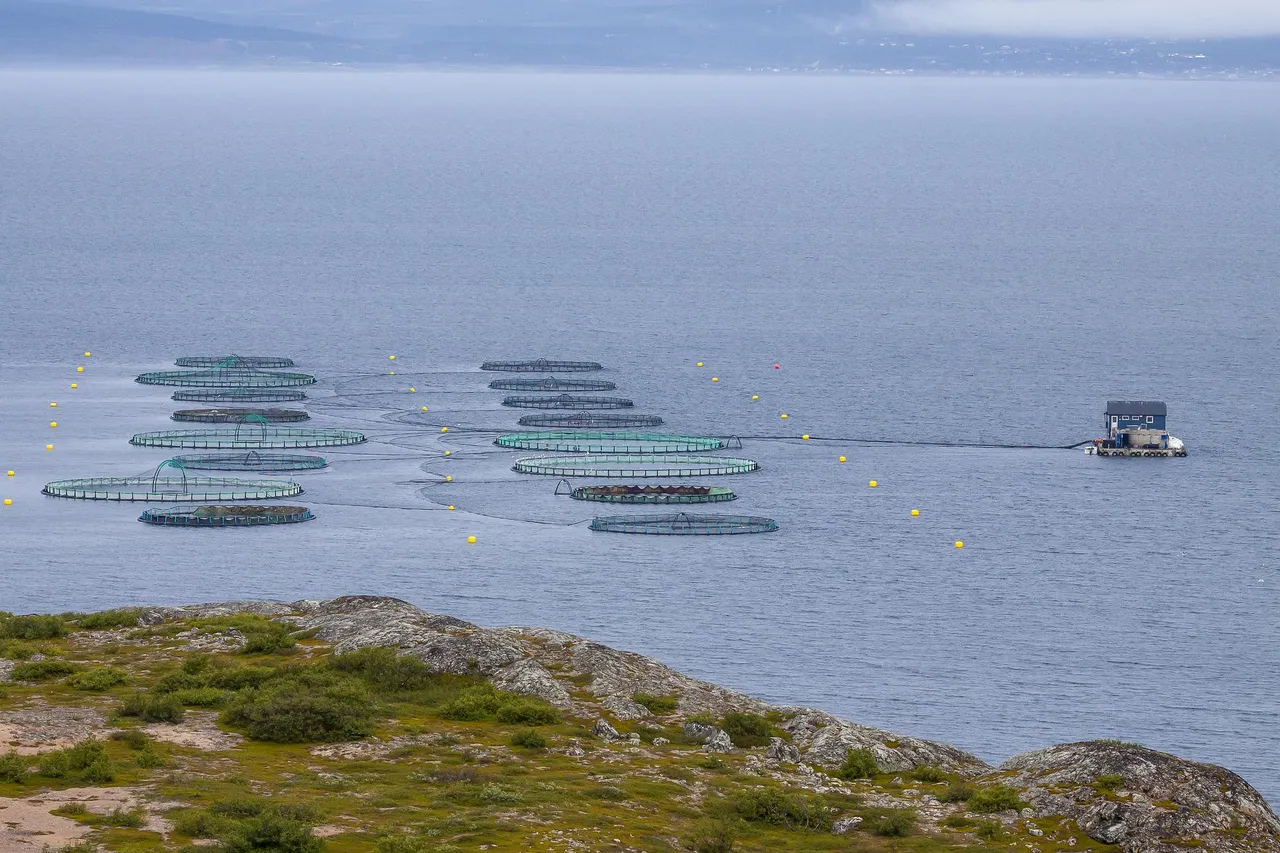
https://www.fao.org/fishery/en/technology/aquaculture/en
The world's oceans are teeming with life, but the danger of overfishing is an existential threat. New technology is empowering companies to monitor the fish habitat ecosystems and improve yield while decreasing pollution. Aquiculture is the key to sustainable food production in the overfarmed oceans.
New technology to empower aquiculture is being developed to address the increasing demand for fish as meat and the threat to this resource. Overfishing and pollution need to be addressed. Approximately 34% of the world's oceans are classified as overfished. Thankfully, the amount of fish farming has increased over 500% since 1990. Pens of fish are closely monitored for health and ecosystem sustainability, and we have come a long way.
Forever oceans is an 8-year old startup who has The firm produced millions of farmed fish, and has been integrating robots and sensors into the practice. Using technology to increase yields in aquiculture to feed people is a good use of investment capital.
Aquiculture is a viable way to feed millions around the world. Over the years, innovations including nutrient delivery, nutrition, species selection and security have improved the industry. Going forward, companies including Forever Oceans are focusing on AI usage, digital feeding and pest management to further streamline the process. A company called Stingray is using lasers to remove ocean pests from the aquiculture pens that does not use dangerous chemicals, and reduces pollution. Another exciting aquiculture development is machine learning that focuses on the overall health of the pool of fish and their appetite for certain food to maximize yield.
Aquiculture is a solution to food production for billions around the world. We depend on the oceans for food, and look to aquiculture as a technology development of the future.
Posted on Hive and Steemit
